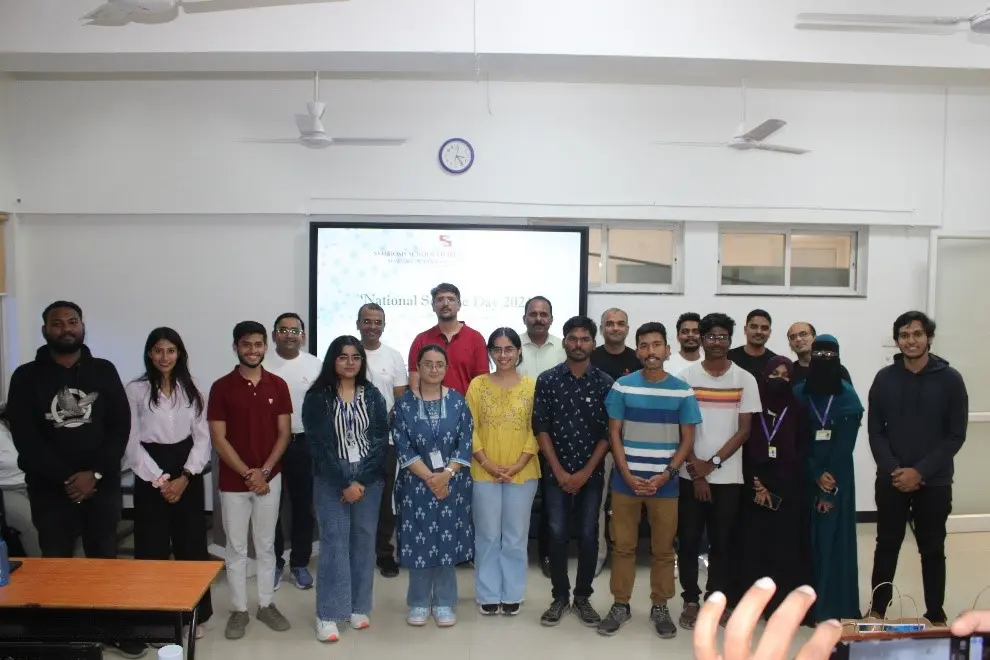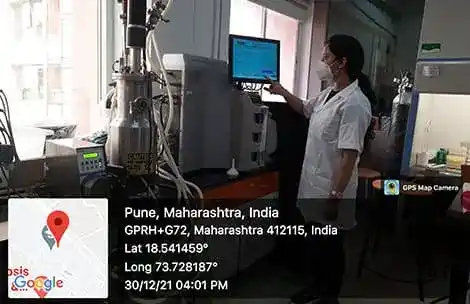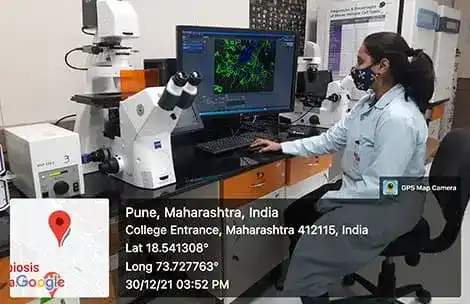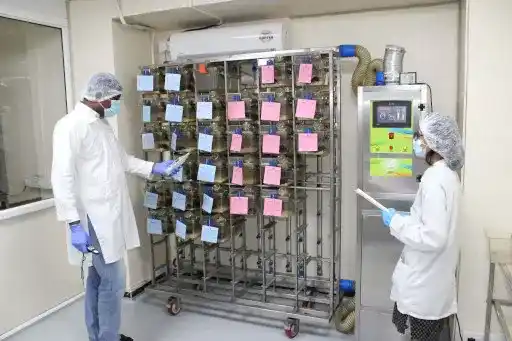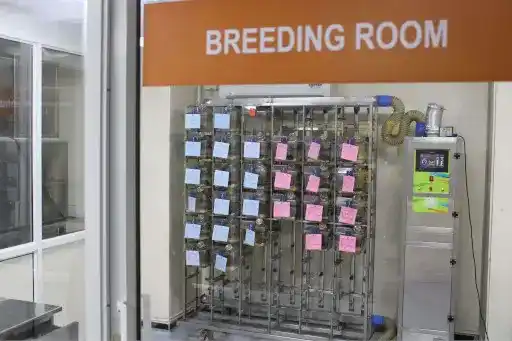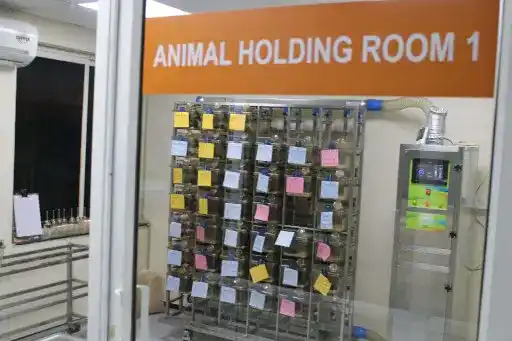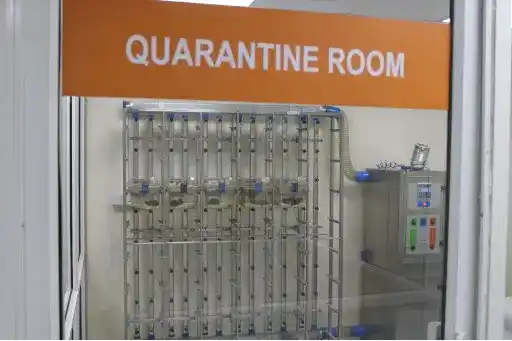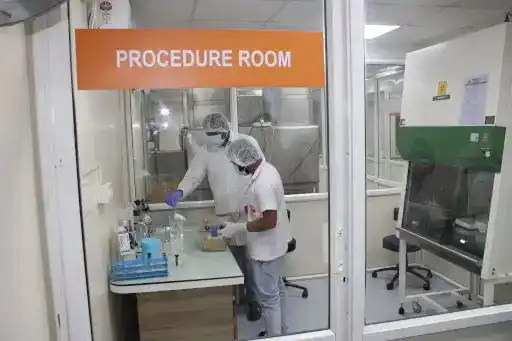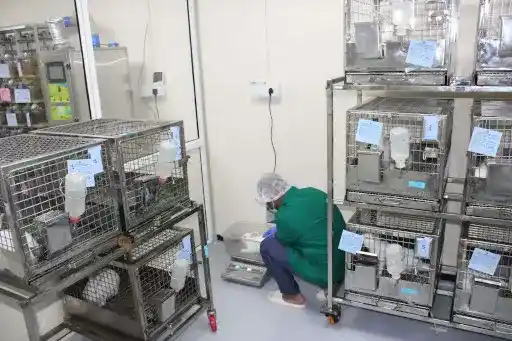













Read more

Read more

Read more

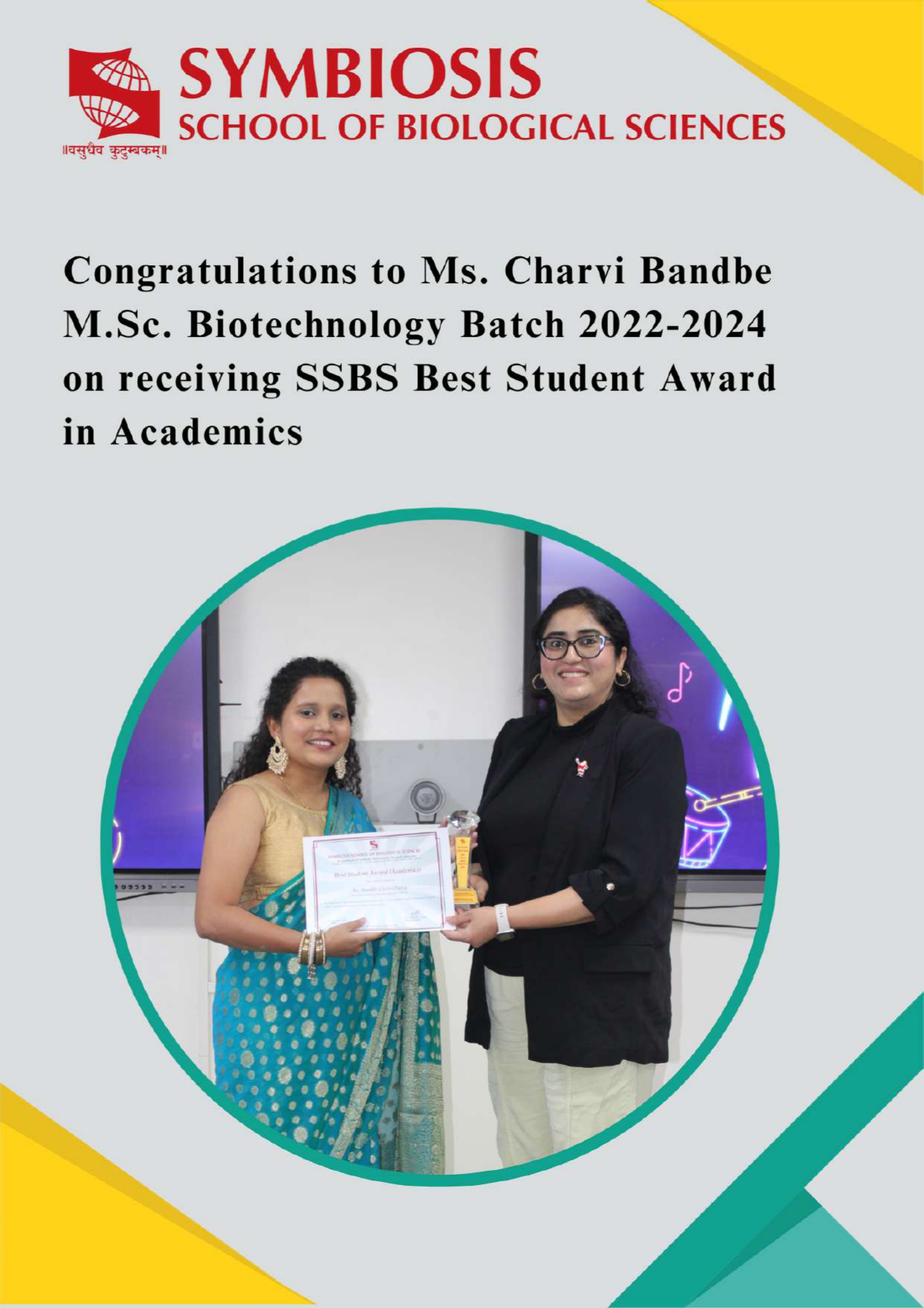
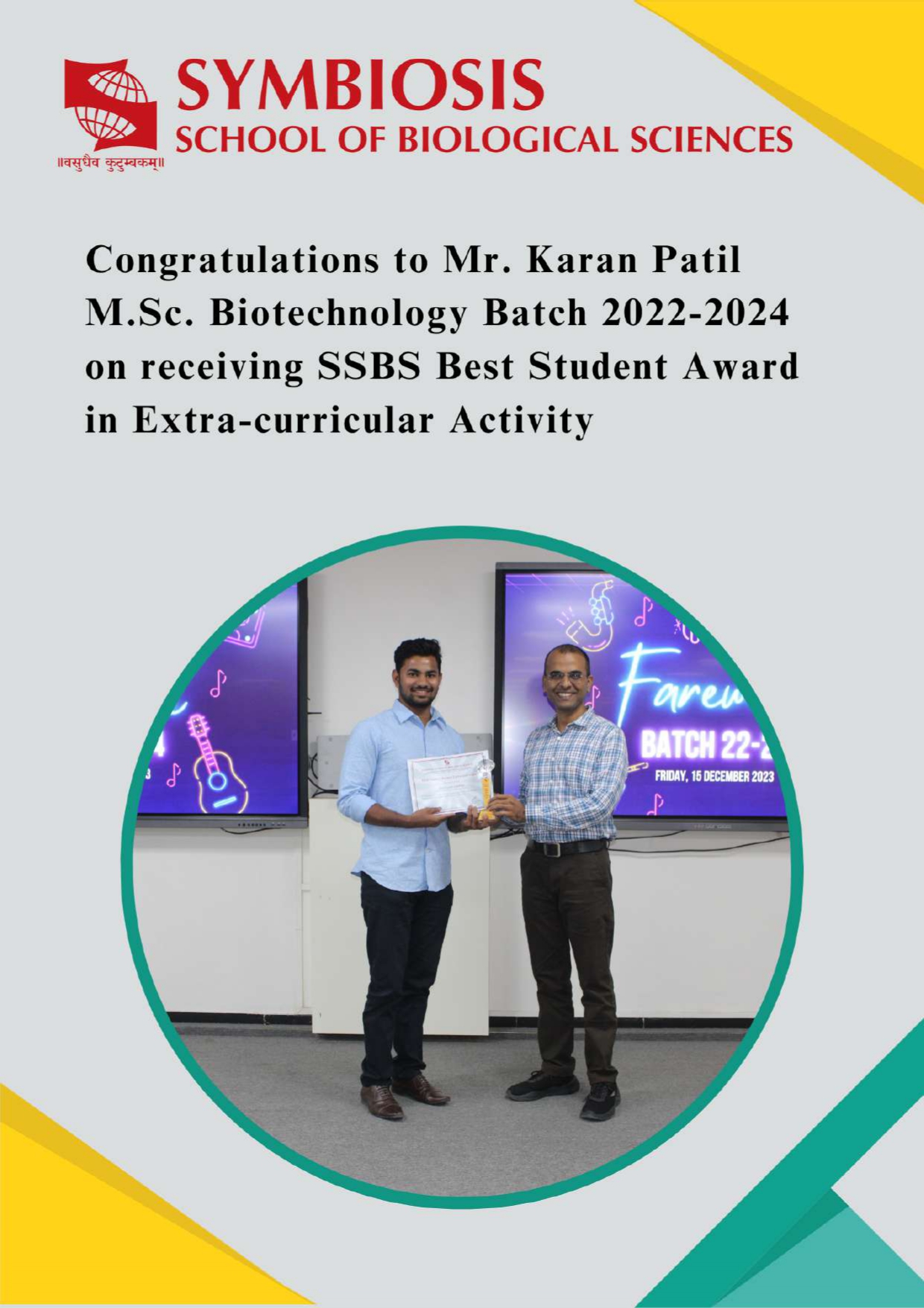
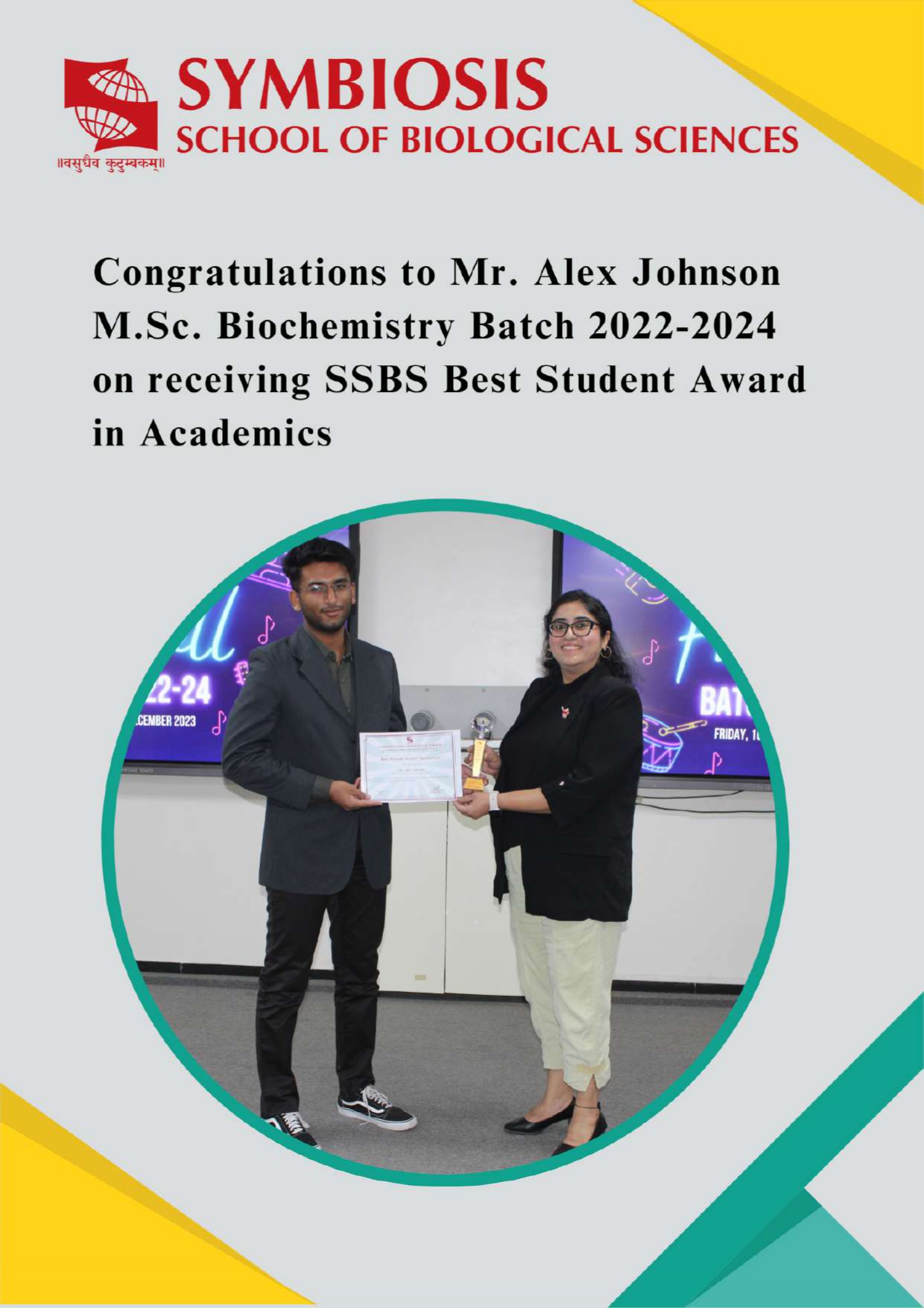
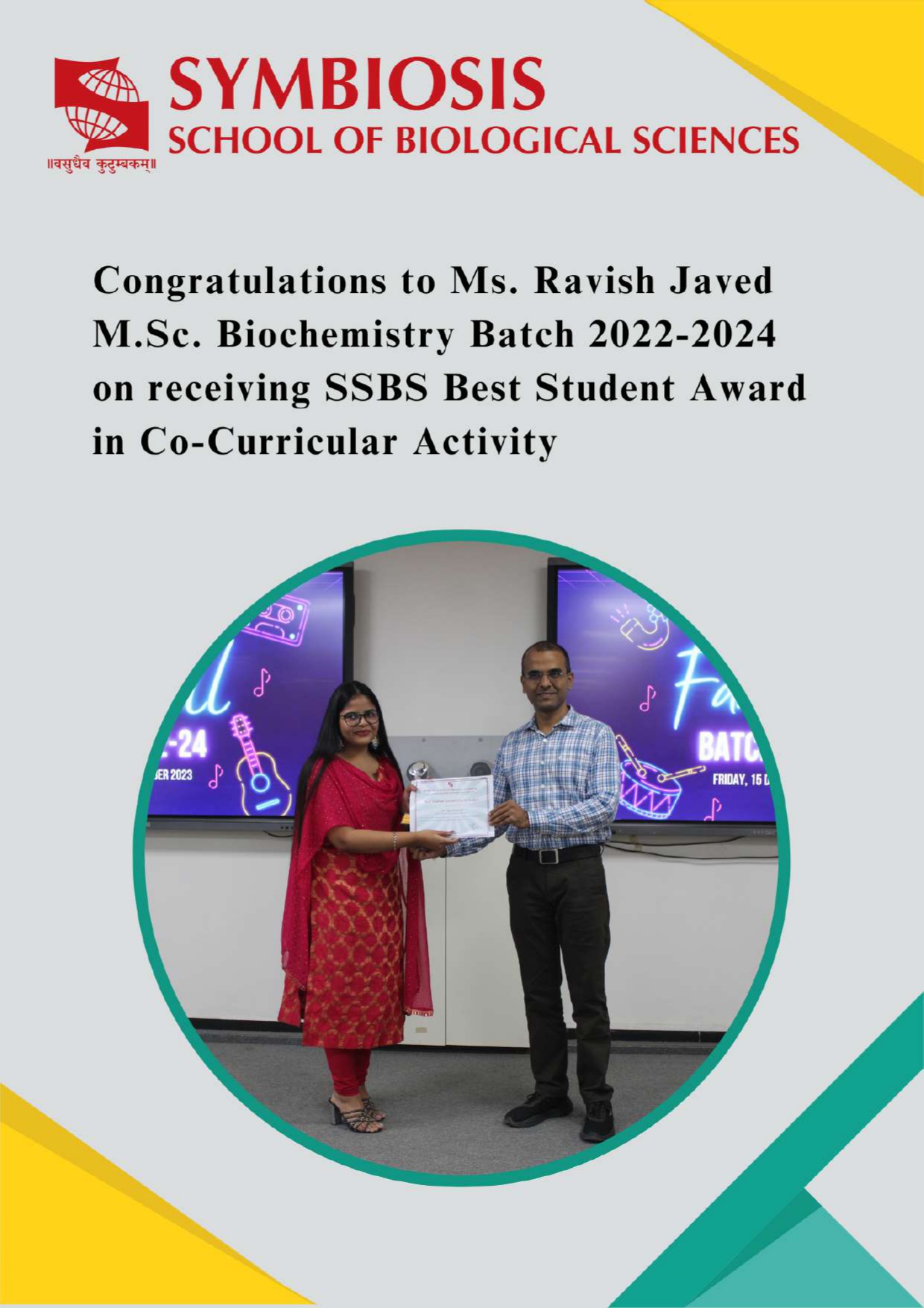
For this activity, a hilly trail approximately 3 km long, located in front of Sunny’s World and on the side of Sus-Nanded Road, was chosen. Trekking begun (around 3:45 pm) after all the participants reported at the starting point (right in front of Sunny’s world main gate and animal research work.
.jpg)
Read more

Read more

The event engaged 29 attendees, including M. Sc. (Nutrition and Dietetics), M. Sc. (Biotechnology by Research stream), and Ph. D. scholars. Animal welfare, its importance, the basis of ethical guidelines, national laws, and statutory bodies with specific guidelines, facility layout and registration with CCSEA, animal care, and husbandry practices, maintaining various records, various experimental techniques, and handling & restraining of a laboratory animal, various drug administration routes, and sample collection methods in pre-clinical testing were all covered during the workshop. The workshop aimed to provide attendees with a comprehensive understanding of the ethical considerations and best practices in using laboratory animals for research. This knowledge would be valuable for their future life sciences and animal research work.

The event engaged 29 attendees, including M. Sc. (Nutrition and Dietetics), M. Sc. (Biotechnology by Research stream), and Ph. D. scholars. Animal welfare, its importance, the basis of ethical guidelines, national laws, and statutory bodies with specific guidelines, facility layout and registration with CCSEA, animal care, and husbandry practices, maintaining various records, various experimental techniques, and handling & restraining of a laboratory animal, various drug administration routes, and sample collection methods in pre-clinical testing were all covered during the workshop. The workshop aimed to provide attendees with a comprehensive understanding of the ethical considerations and best practices in using laboratory animals for research. This knowledge would be valuable for their future life sciences and animal research work.

The event engaged 29 attendees, including M. Sc. (Nutrition and Dietetics), M. Sc. (Biotechnology by Research stream), and Ph. D. scholars. Animal welfare, its importance, the basis of ethical guidelines, national laws, and statutory bodies with specific guidelines, facility layout and registration with CCSEA, animal care, and husbandry practices, maintaining various records, various experimental techniques, and handling & restraining of a laboratory animal, various drug administration routes, and sample collection methods in pre-clinical testing were all covered during the workshop. The workshop aimed to provide attendees with a comprehensive understanding of the ethical considerations and best practices in using laboratory animals for research. This knowledge would be valuable for their future life sciences and animal research work.

The event engaged 29 attendees, including M. Sc. (Nutrition and Dietetics), M. Sc. (Biotechnology by Research stream), and Ph. D. scholars. Animal welfare, its importance, the basis of ethical guidelines, national laws, and statutory bodies with specific guidelines, facility layout and registration with CCSEA, animal care, and husbandry practices, maintaining various records, various experimental techniques, and handling & restraining of a laboratory animal, various drug administration routes, and sample collection methods in pre-clinical testing were all covered during the workshop. The workshop aimed to provide attendees with a comprehensive understanding of the ethical considerations and best practices in using laboratory animals for research. This knowledge would be valuable for their future life sciences and animal research work.

The event engaged 29 attendees, including M. Sc. (Nutrition and Dietetics), M. Sc. (Biotechnology by Research stream), and Ph. D. scholars. Animal welfare, its importance, the basis of ethical guidelines, national laws, and statutory bodies with specific guidelines, facility layout and registration with CCSEA, animal care, and husbandry practices, maintaining various records, various experimental techniques, and handling & restraining of a laboratory animal, various drug administration routes, and sample collection methods in pre-clinical testing were all covered during the workshop. The workshop aimed to provide attendees with a comprehensive understanding of the ethical considerations and best practices in using laboratory animals for research. This knowledge would be valuable for their future life sciences and animal research work.

The event engaged 29 attendees, including M. Sc. (Nutrition and Dietetics), M. Sc. (Biotechnology by Research stream), and Ph. D. scholars. Animal welfare, its importance, the basis of ethical guidelines, national laws, and statutory bodies with specific guidelines, facility layout and registration with CCSEA, animal care, and husbandry practices, maintaining various records, various experimental techniques, and handling & restraining of a laboratory animal, various drug administration routes, and sample collection methods in pre-clinical testing were all covered during the workshop. The workshop aimed to provide attendees with a comprehensive understanding of the ethical considerations and best practices in using laboratory animals for research. This knowledge would be valuable for their future life sciences and animal research work.


.webp)
.webp)




Join us live on youtube: http://www.youtube.com/preventit/live









Rajiv Gandhi Centre for Biotechnology, Thiruvananthapuram, Kerala08th - 09th NOV 2019













.webp)


.webp)
.webp)
.webp)







































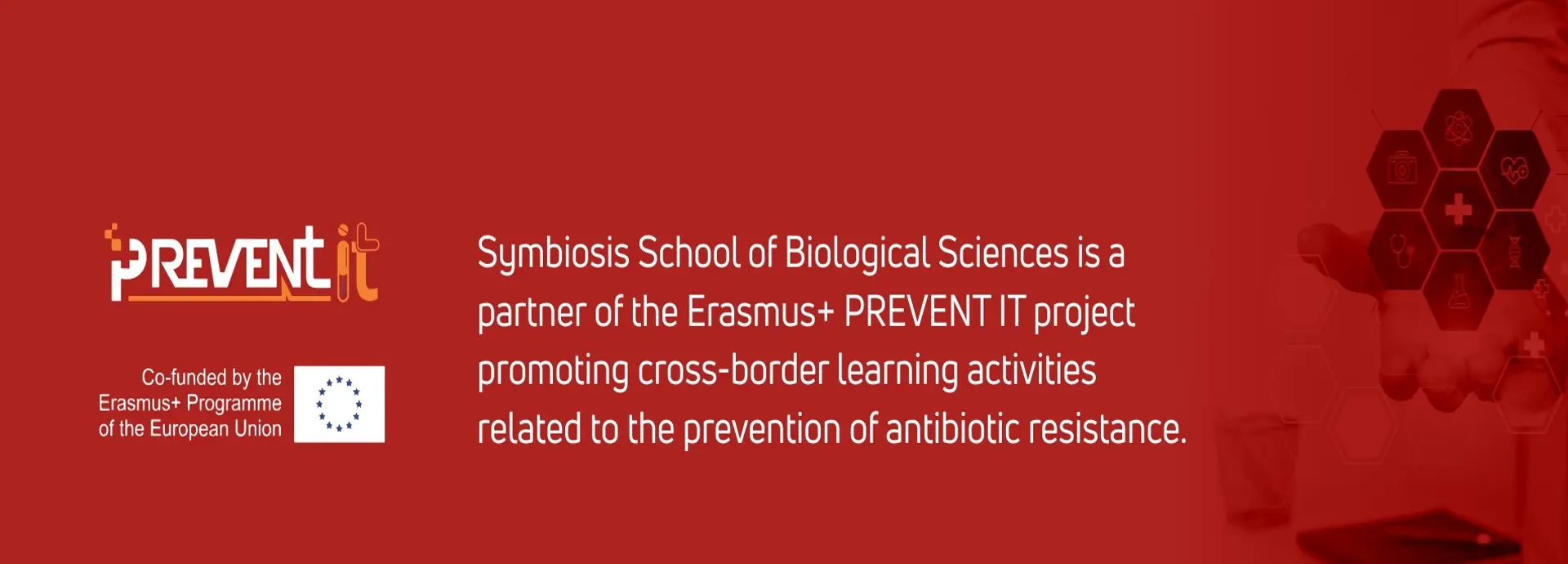



.webp)


.webp)
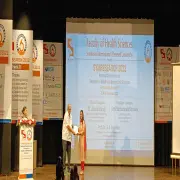



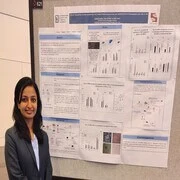




 _Infinito _2.0 _Inauguration _2023.jpg)

